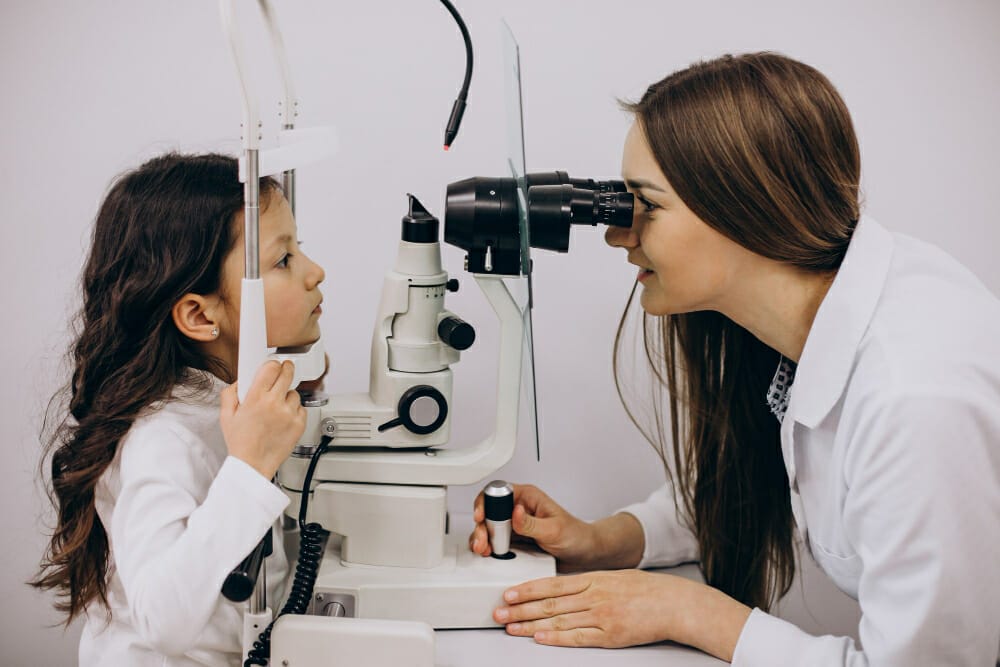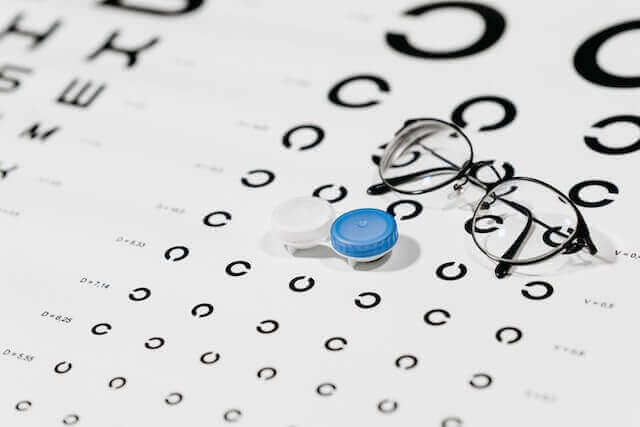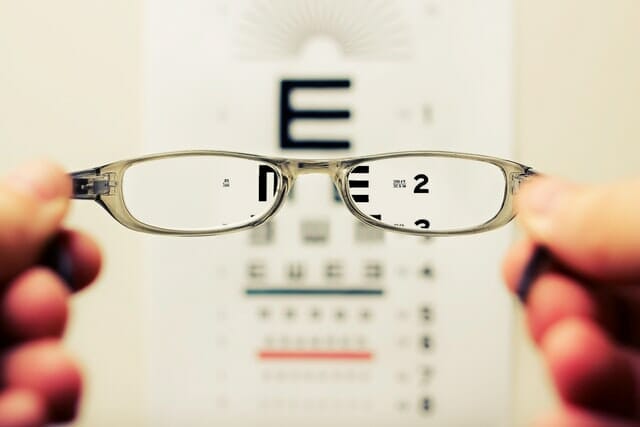Medical eye care for vision impairment caused by Lyme disease: why see your neuro optometrist
It may be beneficial to see our neuro-optometrist if your vision is affected due to Lyme disease for several reasons:
Specialized training
Our neuro-optometrist is an optometrist who has additional training in the diagnosis and management of visual problems caused by neurological conditions, such as Lyme disease. We have a specialized understanding of the complex relationship between the visual system and the nervous system, which can be particularly useful in managing vision problems caused by Lyme disease.
Comprehensive evaluation
We will conduct a comprehensive neuro optometric evaluation of your vision and eye movements, including visual acuity, color vision, visual fields, and the coordination of your eyes. We will also evaluate the function of the nerves that control the eyes, which is important in understanding the impact of Lyme disease on the visual system. Furthermore we spend time understanding how vision is impacting your balance, gait, spatial awareness, visual perception and a variety of other factors that may have been impacted by lyme disease.
Customized treatment
Our neuro-optometrist will be able to provide customized treatment plans to address the specific vision problems caused by Lyme disease. We may use a combination of exercises, prisms, and other therapies to help improve vision and reduce symptoms.
Coordination with other specialists
We will work closely with other specialists such as neurologists, occupational and physical therapists, infectious disease specialists, and primary care physicians to ensure that you receive the most comprehensive and coordinated care possible.
Continual monitoring
Treatment does not end after your first visit, we will be able to monitor your vision and eye health over time to ensure that your treatment is working, and to detect any changes that may require additional treatment or follow-up. Our neuro optometrist will track your progress and make adjustments to your treatment plan as needed, to help you achieve the best possible outcome.
















